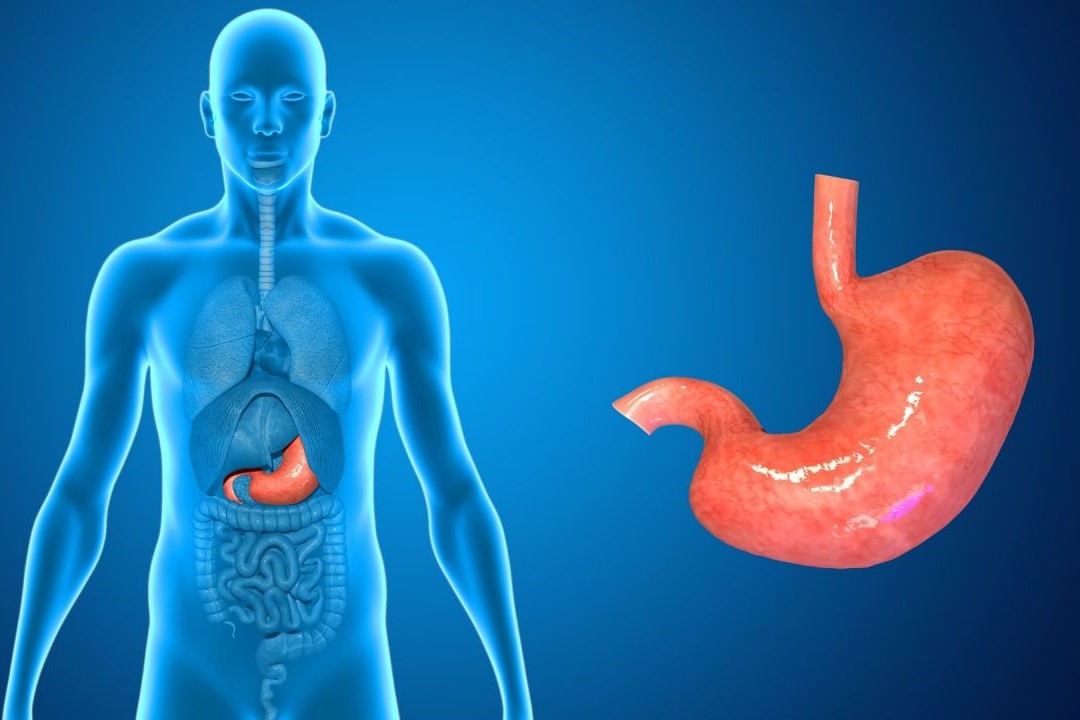
Functional dyspepsia: symptoms, tests and treatment
Functional Dyspepsia comprises different clinical entities, characterised by various gastrointestinal symptoms, localised to the upper abdomen, in the absence of organic pathology
In other words, it is the condition that is broadly defined as ‘poor digestion’ by patients.
In the western world, the widespread increase in this pathology is certainly to be attributed to the lifestyles and eating habits of citizens of the most industrialised countries: in Italy, more than 40% of people suffer from digestive disorders.
More generally, Functional Dyspepsia can also be caused by:
- helicobacter pylori (gram-negative bacteria that lurk in gastric mucus)
- gastric ulcer (stomach ulcer);
- gastritis;
- use of medication;
- obesity.
The symptoms of Functional Dyspepsia are very varied
They include epigastric or retrosternal pain and pyrosis related or not related to meals (fasting, or after eating or independently of the meal): regurgitation, feeling full; other symptoms may be abdominal bloating, belching, nausea or vomiting.
Pain is mostly located in the upper abdominal area and may include in addition to those already listed
- heartburn;
- halitosis;
- feeling of sluggish and long digestion;
- intolerance to fatty foods with consequences;
Functional dyspepsia: the tests
The diagnosis of functional dyspepsia is based on the anamnesis (presence of symptoms for many years and their accentuation in correspondence with emotional or physical stress) and on the normality of the medical examination and any investigations performed.
If the symptoms occur for the first time at an advanced age, when the symptom picture changes suddenly, or when other uncharacteristic symptoms appear (weight loss, repeated vomiting), investigations must be carried out to exclude the presence of organic pathology of the stomach, oesophagus, intestines, biliary tract (oesophagogastroduodenoscopy, abdominal ultrasound, oesophageal manometry, or even double-contrast opaque schism and colonoscopy).
Functional dyspepsia characteristically has a variable course with periods of quiescence and others of symptomatic exacerbation, often during physical or psychological stress.
It rarely results in a decline in general condition or severe slimming; it is therefore a disease with a benign course and there are no complications.
Treatment and advice for dyspepsia
The most commonly used drugs in functional dyspepsia are:
- prokinetics (metoclopramide, levo;
- sulpiride, domperidone) that increase the motility of the entire digestive tract, facilitating emptying of the stomach;
- gastric antisecretors such as H2 inhibitors (ranitidine, famotidine, nizatidine) or proton pump inhibitors (omeprazole, pantoprazole, lansoprazole) that reduce acid secretion in the stomach;
- antacids (aluminium and magnesium hydroxide), as symptomatic agents to temporarily reduce acidity, and mucosal protectors (such as sucralfate), to hinder hydrochloric acid damage;.
- bile acids such as ursodeoxycholic acid (UDCA);
- anxiolytics (benzodiazepines such as bromazepam, lorazepam) and, in severe cases, antidepressants (amitriptyline) to reduce the psychosomatic component.
The simplest advice to give to patients with dyspepsia is:
- Decrease stress;
- Regularise meal times;
- Avoid meals that are too hot or too cold, abundant or rich in fat, spices;
- Avoid gastrolesive drugs (anti-inflammatory, painkillers);
- Reduce or eliminate alcohol, coffee, cigarette smoking.
Read Also:
Emergency Live Even More…Live: Download The New Free App Of Your Newspaper For IOS And Android
Dyspepsia: What It Is, Symptoms, Diagnosis And Treatment
Gastro-Oesophageal Reflux: Symptoms, Diagnosis And Treatment
Straight Leg Raise: The New Manoeuvre To Diagnose Gastro-Oesophageal Reflux Disease
Gastroenterology: Endoscopic Treatment For Gastro-Oesophageal Reflux
Oesophagitis: Symptoms, Diagnosis And Treatment
Asthma, The Disease That Takes Your Breath Away
Gastroesophageal Reflux: Causes, Symptoms, Tests For Diagnosis And Treatment
Global Strategy For Asthma Management And Prevention
Paediatrics: ‘Asthma May Have ‘Protective’ Action Against Covid’
Esophageal Achalasia, The Treatment Is Endoscopic
Oesophageal Achalasia: Symptoms And How To Treat It
Eosinophilic Oesophagitis: What It Is, What The Symptoms Are And How To Treat It
Gastroesophageal Reflux: Causes, Symptoms, Tests For Diagnosis And Treatment
Irritable Bowel Syndrome (IBS): A Benign Condition To Keep Under Control
Long Covid, Study In Neurogastroenterology And Motility: Main Symptoms Are Diarrhoea And Asthenia
Symptoms And Remedies Of A Gastro-Oesophageal Reflux Cough
Gastro-Oesophageal Reflux Disease (GERD): Symptoms, Diagnosis And Treatment


